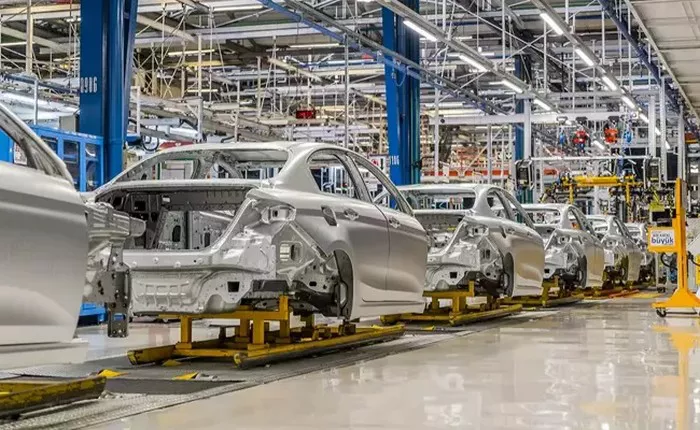There was a time when breakthroughs like five-minute charging, full self-driving, and rapid development cycles were proudly announced in automotive hubs such as Stuttgart, Wolfsburg, or Paris. Today, however, German and French carmakers find themselves scrambling to catch up with technologies—such as affordable lithium iron phosphate (LFP) batteries and software-defined vehicles—that China embraced years ago.
Amid global turmoil, including the aftermath of Trump-era policies and the ongoing conflict in Ukraine, European Commission President Ursula von der Leyen managed to propose a plan aimed at modernizing Europe’s automotive sector.
Although critics have faulted her for loosening the 2025 emissions standards, the plan also contains strong measures designed to boost electric vehicle (EV) demand, accelerate digitization, and increase battery production within Europe. It blends some of the most effective aspects of American, Chinese, and European industrial strategies. If fully implemented, it could steer Europe’s auto industry back on course.
Unfortunately, von der Leyen’s fellow Commissioners appear to be treating the plan as an optional menu—embracing the elements they favor while delaying or obstructing initiatives they or their administrations oppose.
Let’s examine the three most significant commitments made by von der Leyen.
First, she pledged to offer production subsidies for European battery manufacturers, modeled after the U.S. Inflation Reduction Act (IRA). This represents a crucial breakthrough. Providing production aid alongside resilience criteria would give European battery producers a competitive chance and encourage dominant Chinese players to share technology. However, this promise is under threat: Teresa Ribera recently issued draft state aid guidelines that prohibit production subsidies, and Wopke Hoekstra’s team opposes production aid within the framework of the Directorate-General for Climate Action’s battery fund.
Second, von der Leyen vowed to establish regulations controlling Chinese foreign direct investment (FDI) in Europe’s automotive sector. The intention is to foster stronger joint ventures and prevent companies like CATL and BYD from setting up minimal-commitment “screwdriver” factories or isolated Chinese enclaves within Europe. While this is an excellent proposal, Commissioner Maroš Šefčovič is reportedly working on non-binding guidelines—measures likely to be ignored by countries including Hungary, Spain, and Germany.
The European automotive sector stands at a crossroads. Bold policy could reinvigorate its competitiveness, but internal divisions threaten to stall progress just as global rivals accelerate ahead.
Related topics:

